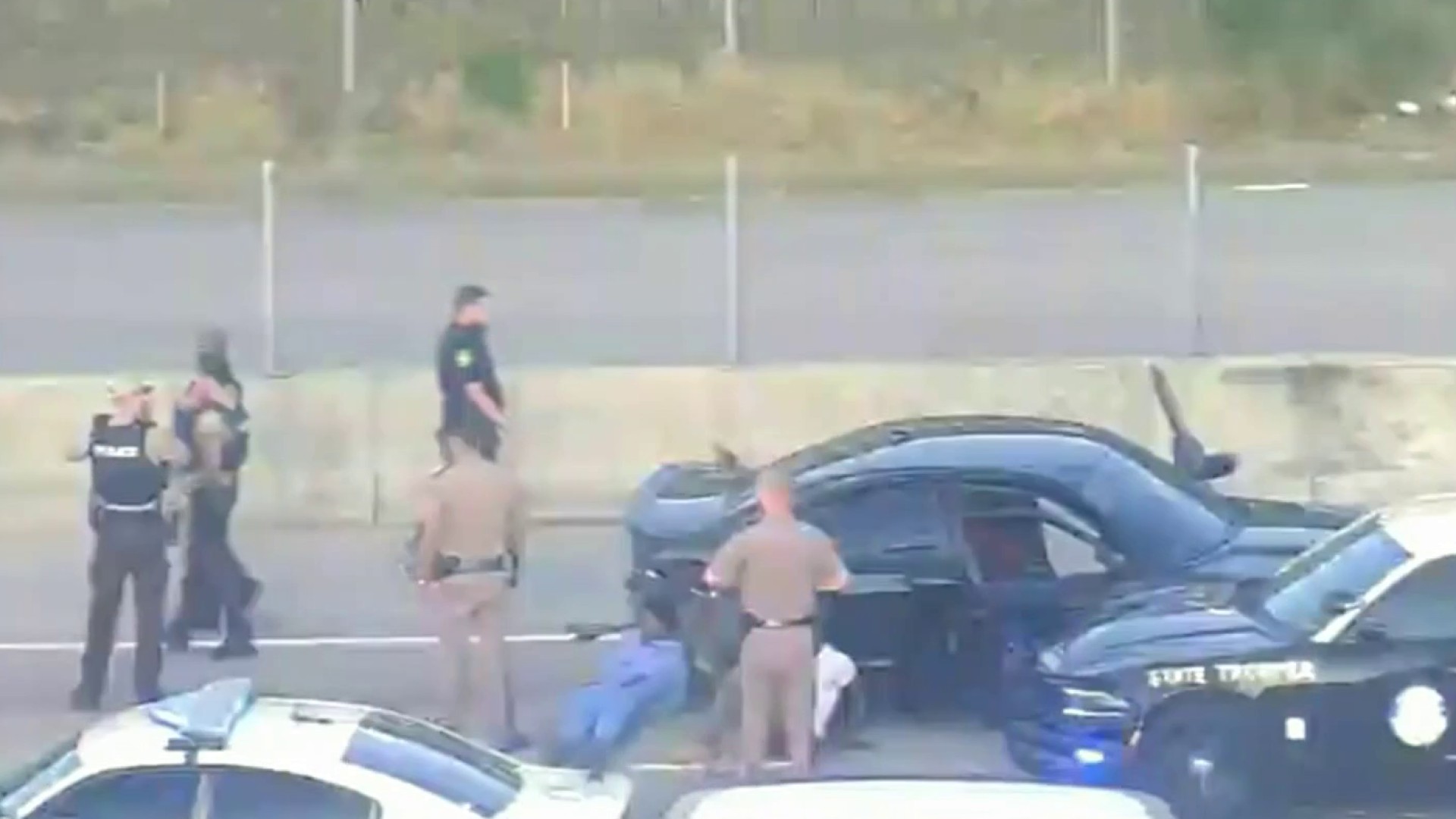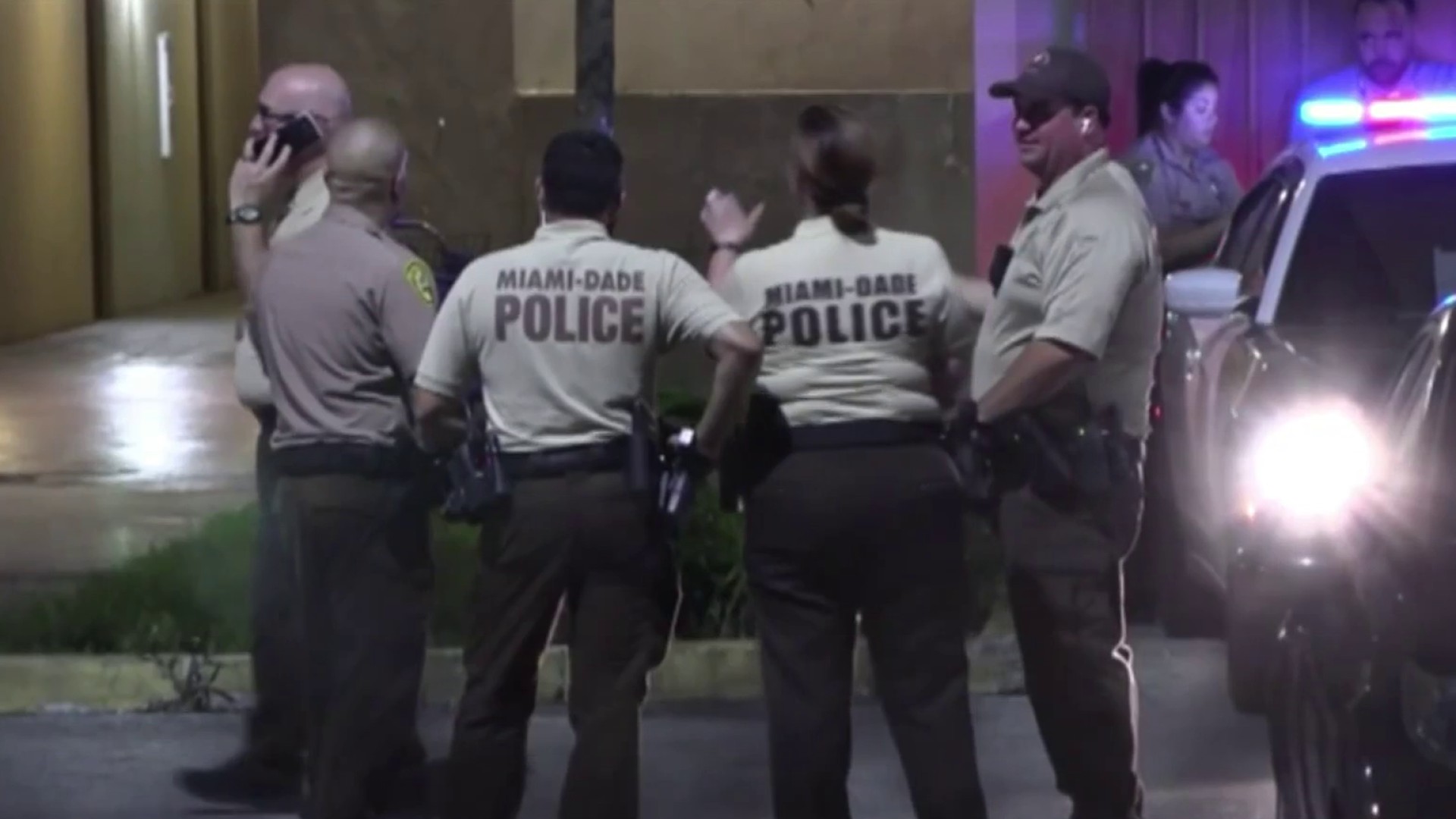South Florida law enforcement officials said the death of Tyre Nichols during a traffic stop in Memphis should lead to more changes in policing.
Many said it makes it clear that changing the law to require officers to step in and stop other officer’s excessive force is not enough. The law enforcement culture has to change and that starts with hiring, officials said.
"It was very difficult to hire when I first became chief,” said Sunny Isles Beach Chief of Police Edward Santiago. "We were down several officers and we had a lot of catching up to do."
Santiago said hiring bonus and increase pay helped to attract quality officers. And strict hiring practices are meant to ensure only those fit for the job wear the badge.
Get South Florida local news, weather forecasts and entertainment stories to your inbox. Sign up for NBC South Florida newsletters.
“Small things, showing up to the interview in a suit and tie. We scrutinize every bit of the process especially when it comes to psychological examination and so forth," Santiago added. "We read the notes and look for flags."
After the George Floyd death was caught on camera many states including Tennessee and Florida passed legislation requiring police offices to "intervene in another officer’s excessive use of force," as well as “render medical assistance following use of force."
Local
“That’s a statutory requirement and that’s only going to go so far,” said retired Florida Police Captain Michael D’Angelo, adding that the Tyre Nichols case makes that clear. "In the heat of the moment in the action that is going on in an incident like that when everyone’s adrenaline is moving, attitudes are at their peak."
D’Angelo agrees with Santiago that it’s up to the individual officers to realize they have a duty to protect the individual they are stopping, just as much as their fellow officers.
“Slowing showing that’s the new norm, that’s what’s accepted in the profession and the old ways of doing things that we’ve had just too much of in recent history is no longer accepted and no longer has a place in law enforcement,” said D’Angelo.
Santiago agrees, saying it starts at hiring.
“We should never lower the standards when it comes to hiring a police officer,” he said.



